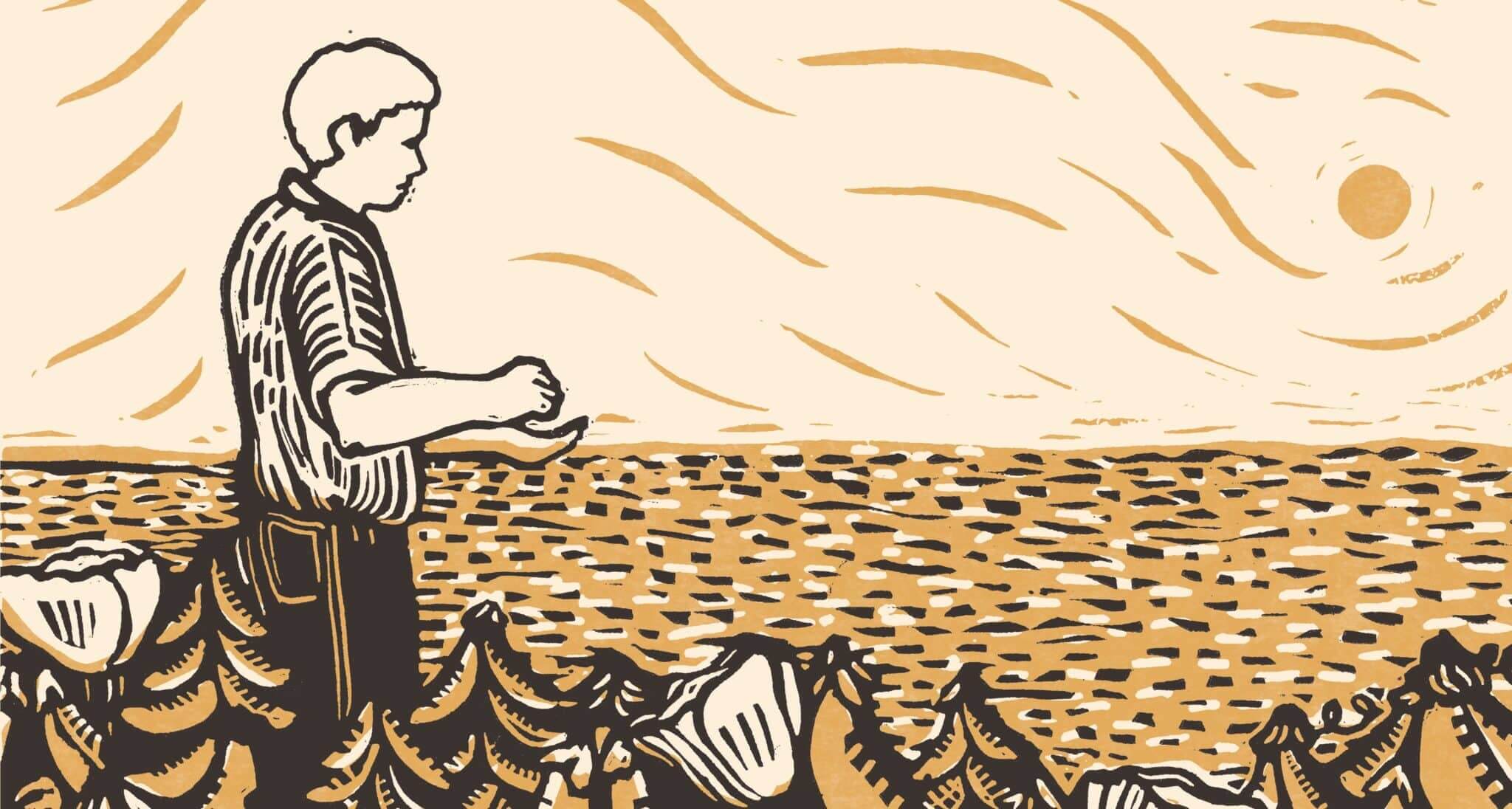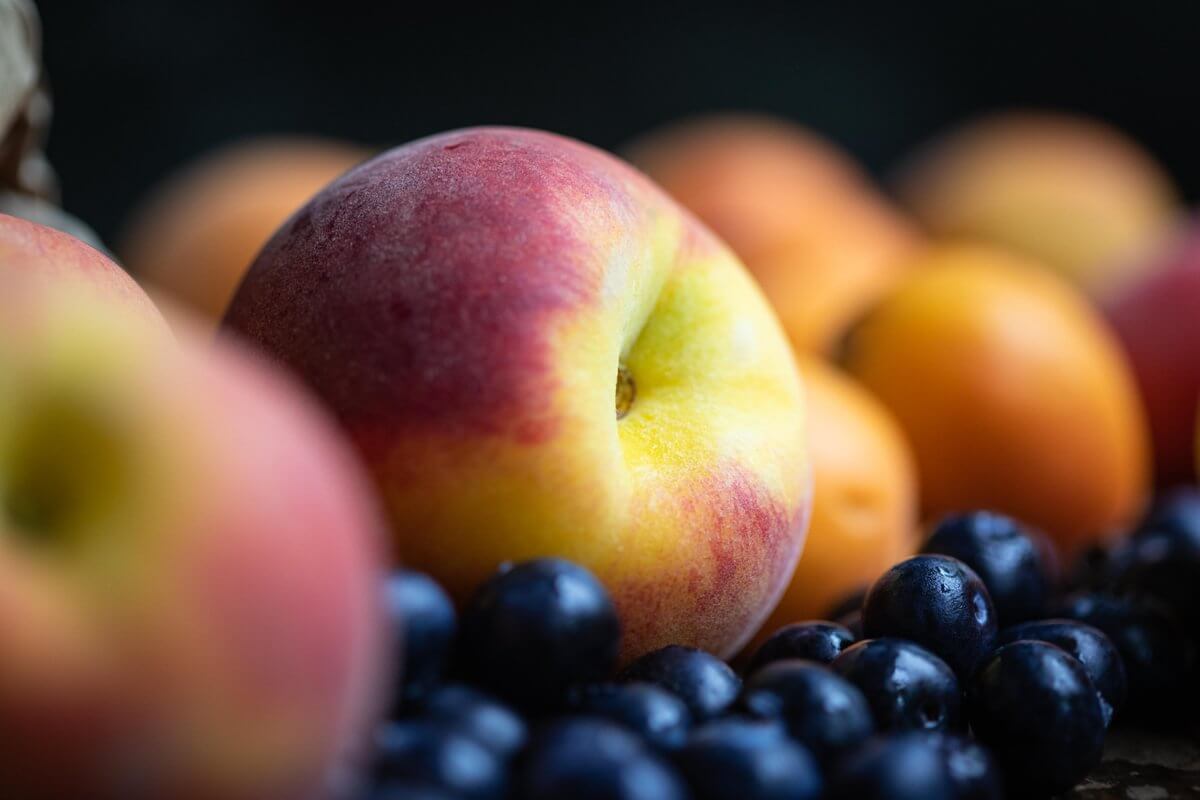At the first Landworkers’ Alliance meeting in 2012, it was decided that one of the main campaign strands to focus on would be seeds.
If truth be told, at that time I was not really sure what the issues around seed were. I was aware of some big multinational companies controlling a lot of the seed across the world, but I did not really know the sinister side of how that came to be — how an invaluable resource that farmers and growers have had full control of for thousands of years was seized from their hands.
I was wholly unaware of the tactics these companies used to persuade farmers that their own seed was inferior to the new hybrid seed that they could offer them, or about how they patented indigenous seeds.
Just over a year after the Landworkers’ Alliance was formed, three of us headed to Brussels. Legislation around seed in the EU was being discussed, and proposals were being drafted that would inflict tighter controls on farmers’ rights to save seed, especially of open pollinated varieties. We went to meet other members of the European Coordination Via Campesina (ECVC), many of whom had been working on seed legislation for years, campaigning for farmers’ rights. We had heard of their experiences, their struggles, and the strategies that they were using to maintain and improve peasant-held seed.
It was at this moment that I felt part of something big, something so much bigger than just us on the small area of land that we had come to look after.
It was at this moment that I felt part of something big, something so much bigger than just us on the small area of land that we had come to look after. We were part of an international movement, working alongside millions of other small-scale farmers and growers across the world who were fighting for their rights to produce good, healthy food for their communities in an ecological way.
It is easy to feel isolated as a farmer or grower — we live rurally, and the work can often be solitary, but this gathering in Brussels made me realise that we were not alone. It also gave me a heightened sense of purpose as a grower (not that growing food is not enough!). I became impassioned about breaking through the rhetoric that seed production should be left for the experts and felt strongly that we should be producing more of our own seed and setting up systems to build more resilience, and bring more power to the farmers and growers who use the seed.
At Trill, we began to save more seed — some for ourselves, some to exchange with others, and some for small UK seed companies like Real Seeds, who have been working on this on all of our behalf for years. The three of us who went to Brussels set up the South West Seed Savers Co-op. I became involved in the Gaia Foundation’s Seed Sovereignty Programme, and over the last few years I’ve seen a huge rise in interest in seed sovereignty. We are beginning to reclaim the skills that were once a central part of what it meant to be a farmer or grower, but which have been eroded and left to the ‘experts’.
It is our belief that we must work to reclaim these skills and increase the availability of healthy and resilient open-pollinated seeds that are appropriate for our growing methods. We must also build systems and communities to bring back the joy that comes with producing seed; and to trial, breed, and exchange seed amongst ourselves. This is something that is now starting to gain momentum and I am proud to be part of the growing seed sovereignty movement now taking root in the UK.
With the Land: Reflection on Land Work and 10 years of the Landworkers’ Alliance is a new book and collection of stories, poetry, interviews, recipes, essays, artwork and song from over 50 contributors, out now.










A bit of David and Goliath but with lots of Davids there’s a good chance of success!
This is very encouraging to hear.
May I recommend, we are on our second year’s one, the Landworkers Alliance calendar which I found in the Hodmedods web shop. Twelve of Rosanna Morris’s superb illustrations like the one above, each with thought provoking text below, as well as the usual space for noting appointments etc.
And don’t forget Garden Organic’s Heritage Seed Library which encourages those of us with smaller spaces to grow heritage and heirloom varieties which are often better adapted to our climate than commercially produced seeds. They are also likely to be more resistant to pests and diseases. Without their actions, many varieties of vegetable would have been lost forever.